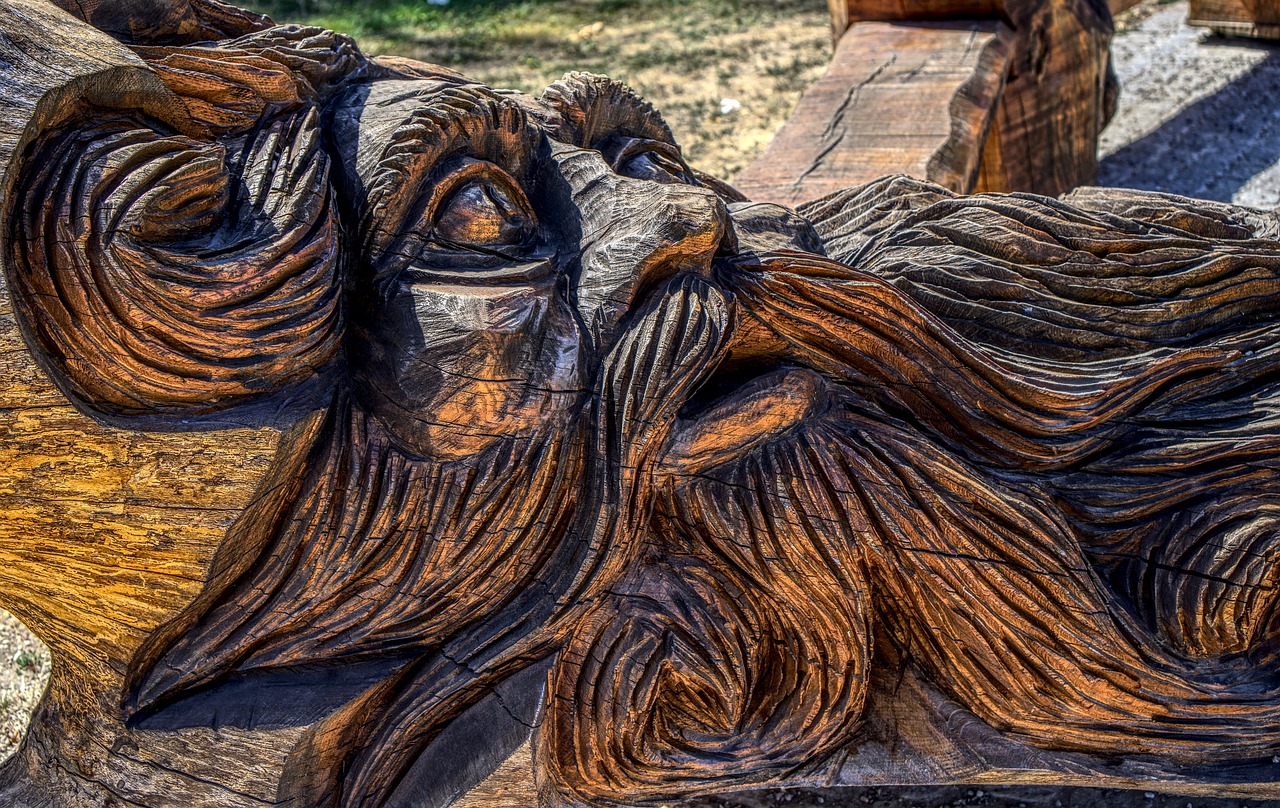Neptune, the Roman deity governing the sea, parallels the Greek god Poseidon. Initially venerated as a freshwater god, he later became associated with Poseidon early in Rome’s history. He resides in a magnificent palace beneath the ocean’s surface, presiding over divine beings linked to the sea, including nymphs and various aquatic creatures.
As the offspring of Saturn (analogous to Cronus) and Ops (analogous to Rhea), Neptune holds significant lineage as Jupiter’s brother, who is regarded as the chief god in Roman mythology. Neptune himself ranks just below Jupiter in terms of divine authority.
Origins and Family
With a fear rooted in the myth that his offspring might surpass him in power, Saturn consumed Neptune along with his siblings. In a desperate bid to save her children, Ops utilized a purgative, leading to the return of Neptune and his brothers.
The three gods, Neptune, Jupiter, and Pluto (the Roman counterpart for Hades), each drew lots to determine their realms. Following Homer’s accounts, Neptune acquired dominion over the oceans, while Pluto governed the underworld, and Jupiter claimed the skies. Hesiod narrates how, upon becoming the king of the gods, Jupiter assigned roles and honors among deities. Although Neptune mainly supported Jupiter, he once conspired with Juno and Minerva against him, resulting in Jupiter’s wrath and Neptune’s exile to the seas.
Neptune wedded Salacia (equivalent to Amphitrite), and their union produced several offspring, including Triton, Rhodes, Proteus, and Benthesikyme. In parallel to Jupiter’s escapades, Neptune also had numerous romantic entanglements leading to a diverse set of progeny. Notably, he transformed into a stallion to conceive Arion with Ceres, and under the guise of a river god, fathered Pelias and Neleus with Tyro. He also bore the Cyclops Polyphemus with Thoosa and produced giants Otus and Ephialtes with Iphimedeia.
Form and Abilities
Neptune is often depicted with dark locks and clad in vibrant azure or sea-green robes. Ovid characterized him as perpetually somber, while Virgil described him as possessing a gentle demeanor, suggesting a calm grace amidst his fury. His iconic trident, a three-pronged weapon, embodies remarkable capabilities—shattering rocks, conjuring waves, and provoking storms.
He is frequently envisioned riding a dolphin or a grand conch shell alongside Salacia. This aquatic procession is usually accompanied by sea deities, nymphs, and his son Triton, with dolphins and other sea life frolicking at his side. Triton often precedes his father, using a seashell trumpet to smooth the water’s surface ahead of their arrival.
In one of Ovid’s descriptions, Neptune calms turbulent waters, instructing Triton to signal the return of rivers and tides to their rightful places, showcasing his command over the sea.
Neptune and King Laomedon
After attempting to unseat Jupiter, Neptune found himself condemned to serve mortal beings, leading him to Troy in search of labor. There, he met Apollo’s son, Phoebus, who had incurred Jupiter’s wrath as well. They approached Laomedon, the king of Troy, who promised them rewards for their services. While Neptune constructed formidable walls, Phoebus melodically guided the stones into position.
Upon completion, Laomedon reneged on his promise, prompting the gods to unleash destruction upon the city—Phoebus sent a plague, while Neptune unleashed a flood that birthed a fearsome creature.
To appease this monster, Laomedon was told by an oracle that a maiden must be sacrificed periodically, resulting in his daughter Hesione becoming the unfortunate target. Hercules, the famed Greek hero, intervened, slaying the beast on the condition of receiving Laomedon’s immortal horses. However, like Neptune and Apollo, Hercules was denied his reward, which ultimately fueled his vengeance upon the king and his household.
Creator of Horses
Neptune is also credited with the creation of horses. When that task was contested with Minerva to secure the naming rights of the city founded by Cecrops, Neptune struck his trident into the earth, bringing forth the first horse. Though the gods decided the olive tree, a gift from Minerva, was of greater utility, Neptune’s contributions to humanity remained significant, as he taught people to ride and organize chariot racing.
The Bull for King Minos
Minos, yearning for guidance from Neptune to achieve kingship in Crete, prayed for a magnificent bull for sacrifice. Neptune granted his request, sending a stunning specimen. However, Minos failed to honor his promise, opting to sacrifice another. In retribution, Neptune rendered the bull uncontrollable, leading to widespread chaos, or alternatively, instigated Minos’s wife, Pasiphaë, to fall passionately for the bull.
Neptune in the Aeneid
In Virgil’s Aeneid, Nero prominently features as the divine protector of Aeneas as he voyages from the wreckage of Troy toward a promised land. Neptune intervenes to quell turbulent seas disrupted by Juno’s scheming, restoring calm and steering Aeneas toward safety. His powers also surface when Aeneas seeks his counsel in further storms, emphasizing Neptune’s ongoing oversight, and the longstanding acknowledgment of his craftsmanship in constructing Troy’s defenses.
Worship and Legacy
Reflecting the lesser prominence of Roman seafaring in comparison to the Greeks, Neptune commanded little of the adoration afforded to Poseidon. Notable is his singular temple built between the Aventine and Palatine Hills. The festival of Neptunalia was an annual summer event, characterized by sacrifices to gain favor during water shortages, chariot races, and festivities honoring the sea god.
In line with the tradition where celestial bodies are named after divinities, the eighth planet of our solar system was designated as Neptune, a nod to this god’s legacy.



